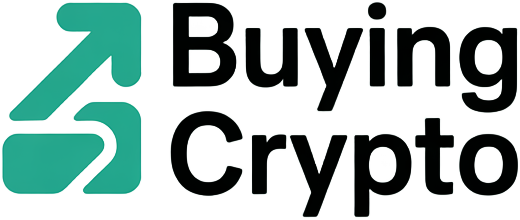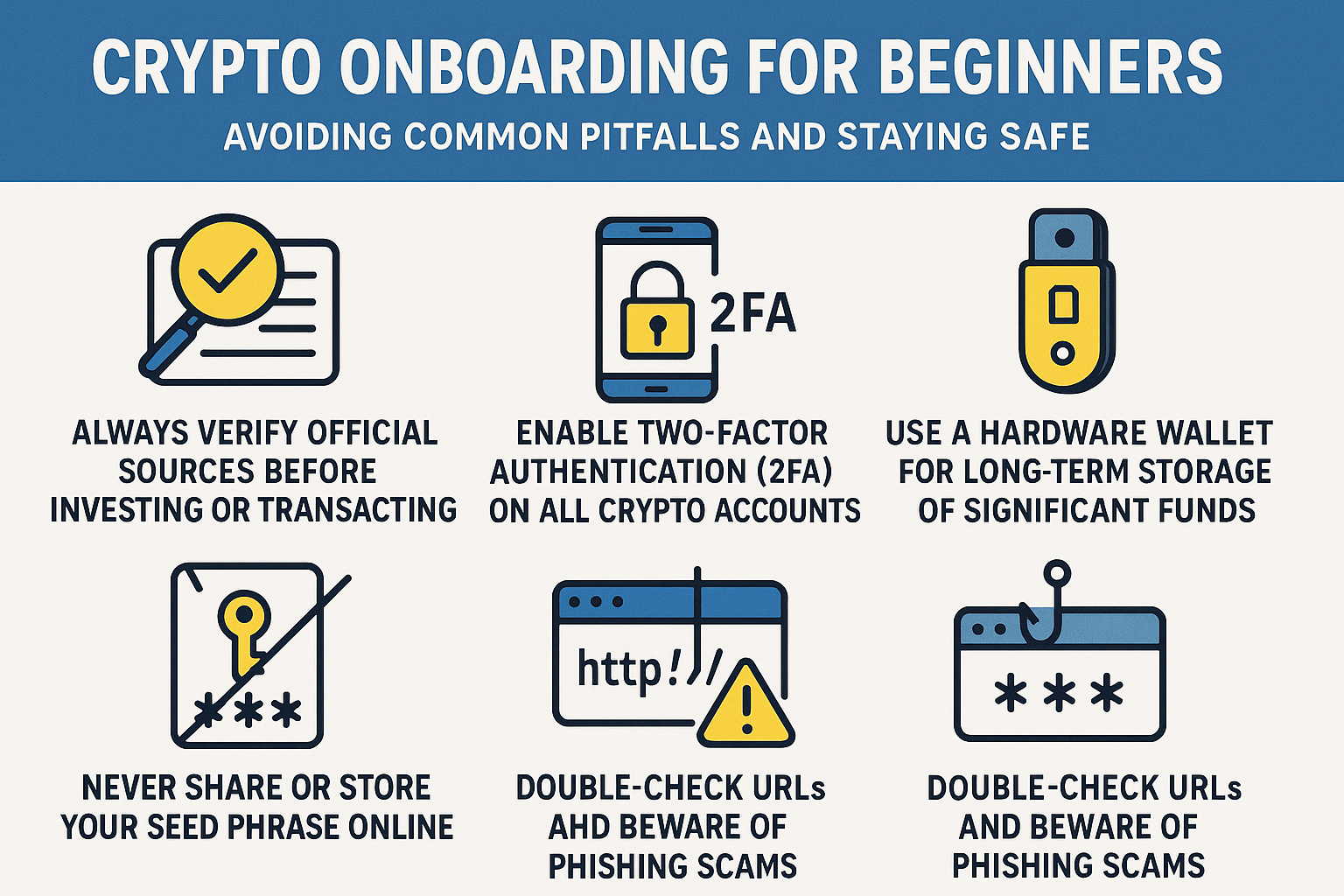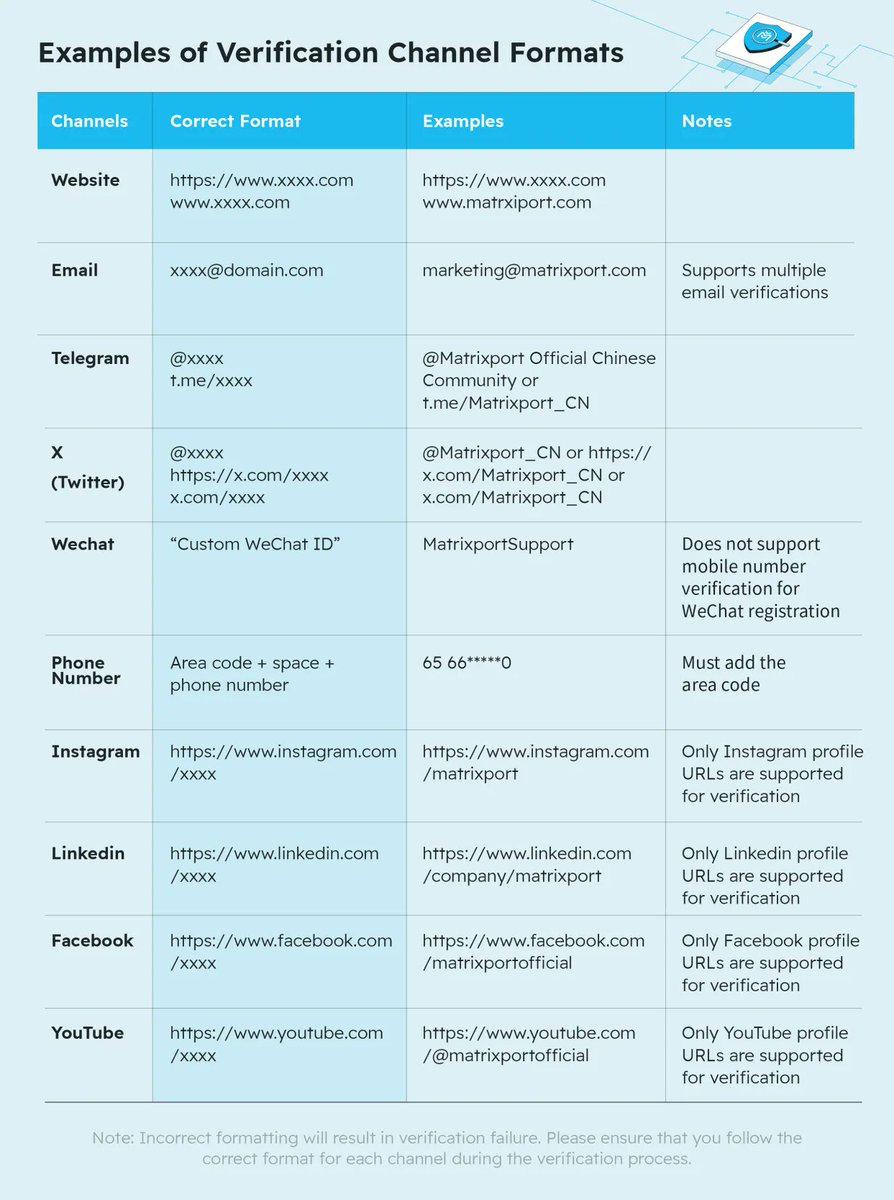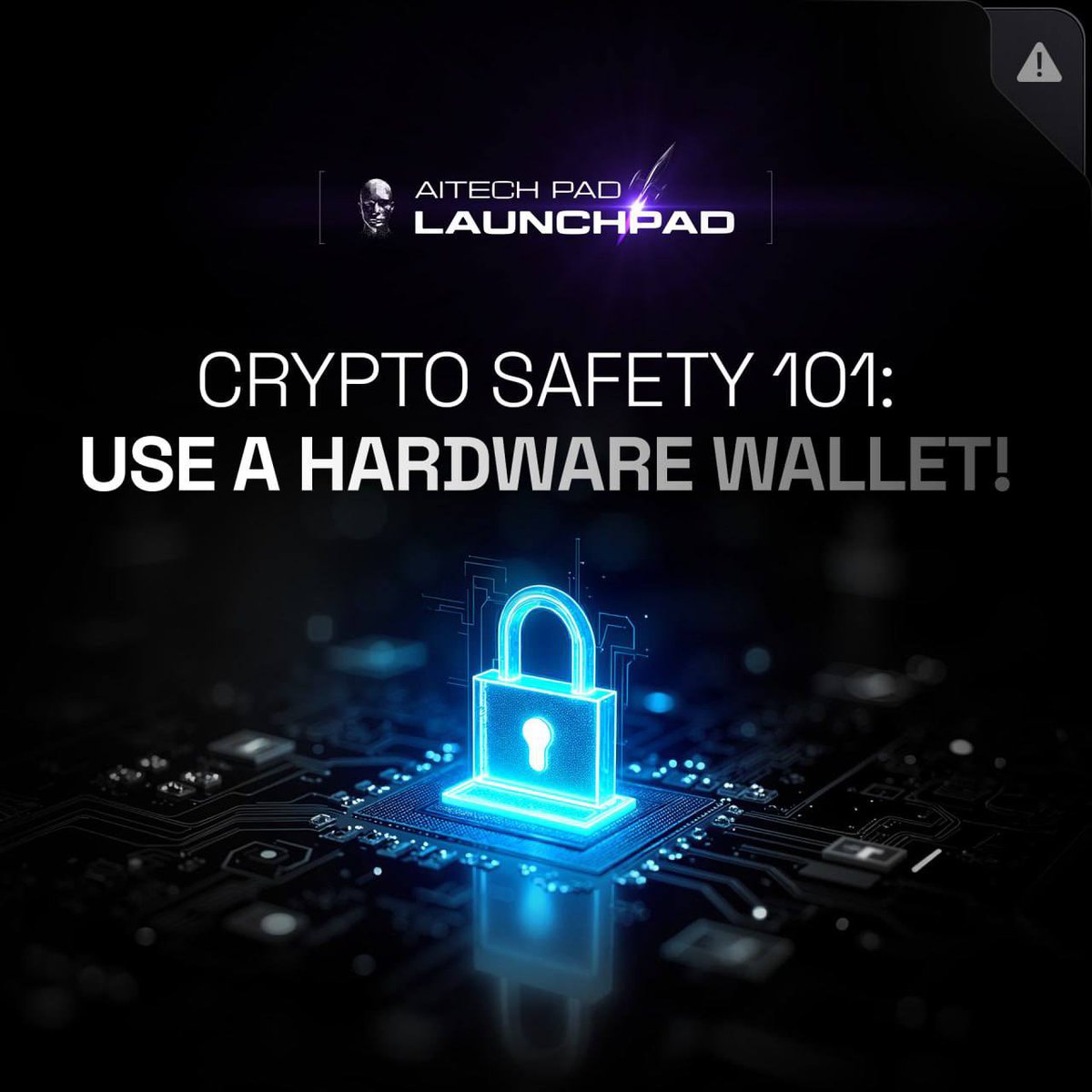Stepping into the world of crypto can feel like embarking on a new adventure—thrilling, but filled with unknowns. As a digital nomad, I’ve witnessed firsthand how easy it is for beginners to fall into avoidable traps. The good news? With a little knowledge and some practical habits, you can navigate the crypto onboarding process safely and confidently in 2024.

Start Smart: Always Verify Official Sources
One of the most common pitfalls for newbies is falling for fake websites or impostor social media accounts. Scammers are getting more sophisticated every year, often mimicking legitimate platforms to steal your funds. Before you invest or even sign up on any exchange, double-check that you’re using the official website or app. Bookmark trusted sources and look for verified social media accounts—never click on unsolicited links, even if they seem urgent or exciting.
Lock Down Your Accounts with 2FA
Your password is just the first line of defense. In 2024, enabling Two-Factor Authentication (2FA) on all your crypto accounts is non-negotiable. Whether it’s an exchange or wallet app, 2FA adds an extra layer of security by requiring a code from your phone or authenticator app each time you log in. This simple step can stop hackers cold—even if they somehow get your password.
The Essential Crypto Safety Checklist
Top 5 Essential Crypto Safety Tips for Beginners
-
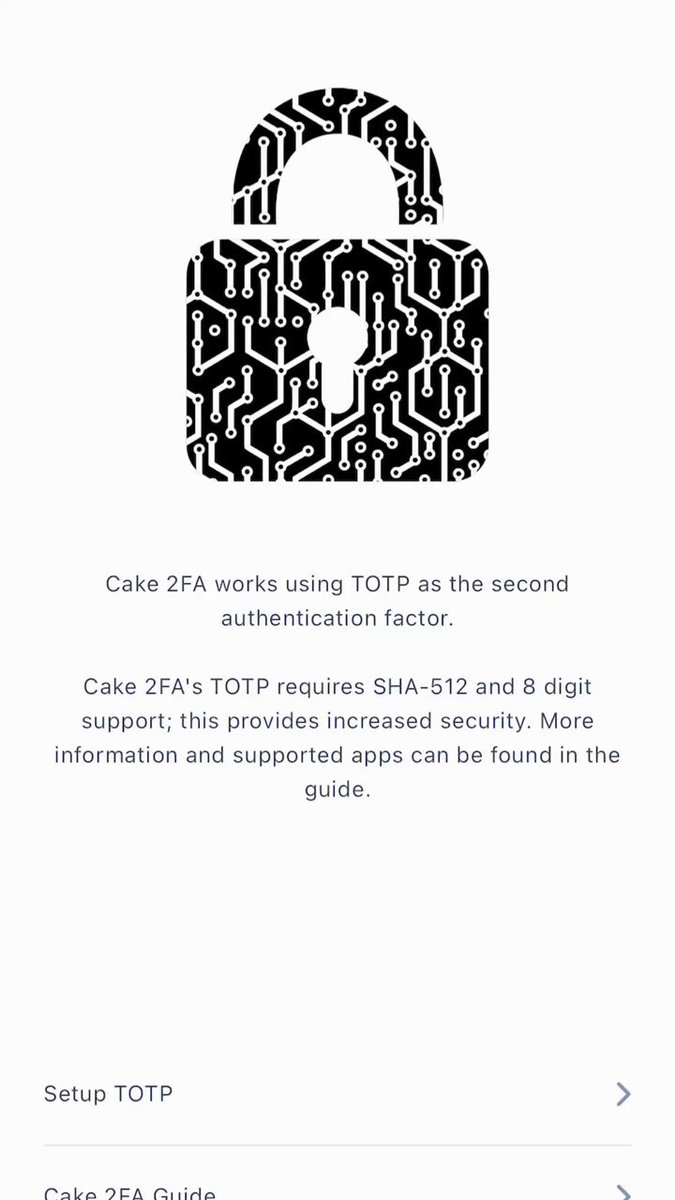
Enable Two-Factor Authentication (2FA) on All Crypto AccountsBoost your account security by enabling 2FA using trusted apps like Authy or Google Authenticator. This extra layer helps keep hackers out, even if your password is compromised.
-
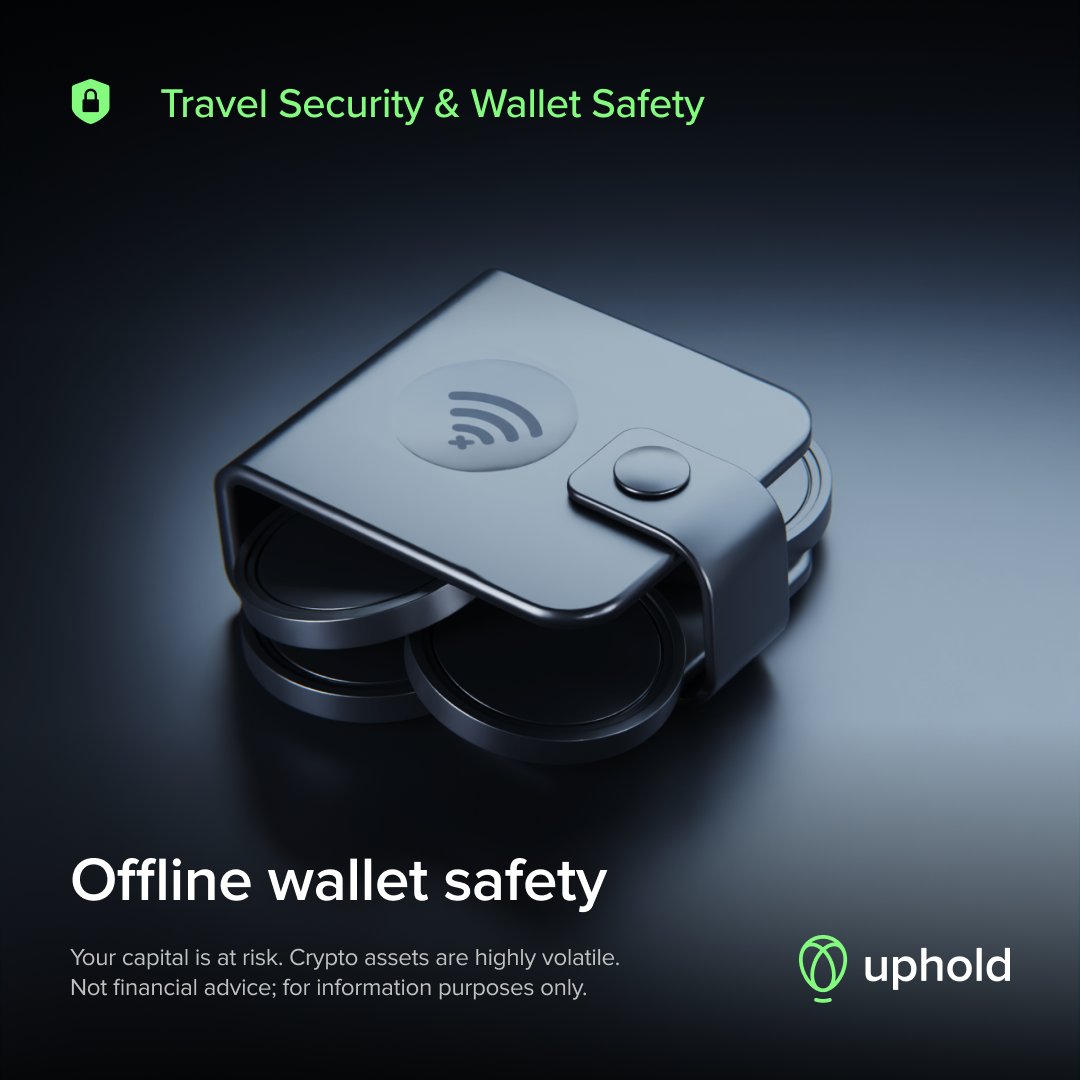
Never Share or Store Your Seed Phrase OnlineYour seed phrase is the key to your crypto. Write it down on paper and keep it in a secure place—never upload it to cloud storage, email, or messaging apps.
-

Double-Check URLs and Beware of Phishing ScamsPhishing sites mimic real exchanges and wallets. Always verify the URL (look for HTTPS and correct spelling) before logging in or entering sensitive info. Use browser bookmarks for trusted sites.
If there’s one lesson I wish every newcomer would take to heart, it’s this: Don’t cut corners with security. Crypto gives you unprecedented control over your money—but that freedom comes with responsibility. Let’s break down these crucial safety tips one by one:
- Always Verify Official Sources Before Investing or Transacting: Only use official websites and apps; bookmark them to avoid typosquatting scams.
- Enable Two-Factor Authentication (2FA) on All Crypto Accounts: Protect every account with an extra verification step.
- Use a Hardware Wallet for Long-Term Storage of Significant Funds: Keep large amounts offline where hackers can’t reach them.
- Never Share or Store Your Seed Phrase Online: Write it down and store it somewhere safe—never in cloud storage or email!
- Double-Check URLs and Beware of Phishing Scams: Look out for misspelled addresses and unsolicited emails asking for sensitive info.
This checklist isn’t just theory—it’s based on stories from real people who’ve learned these lessons the hard way. There’s no substitute for vigilance when it comes to protecting your digital assets.
Go Offline: Use a Hardware Wallet for Long-Term Storage
Digital nomads and seasoned investors alike know that hardware wallets are the gold standard for protecting significant crypto holdings. Unlike software wallets or exchanges, hardware wallets keep your private keys offline, making them immune to online hacks. If you plan to hold more than you’re comfortable losing, get your assets off exchanges and into a reputable hardware wallet. It’s a small investment for peace of mind—and it’s saved me more than once while traveling through countries with spotty internet and questionable Wi-Fi.
Guard Your Seed Phrase Like Treasure
Your seed phrase is the master key to your wallet. Lose it—or worse, let someone else get their hands on it—and your funds could vanish forever. Never store your seed phrase in cloud services, email drafts, or screenshots on your phone. Write it down on paper (or use a steel backup) and hide it somewhere only you can access. I’ve met travelers who lost everything by storing their seed online—don’t let convenience override caution at this critical step.
Stay Sharp: Double-Check URLs & Watch for Phishing Scams
The most ingenious scams prey on haste and distraction. Always double-check website URLs, especially before logging in or transacting. Phishing emails and fake websites are rampant—some even buy Google ads to appear at the top of search results! If something feels off, pause and verify through another channel before proceeding. Remember: no legitimate platform will ever ask you for your password or seed phrase via email.
If you’re ever unsure about an email, DM, or website prompt—ask the community! The crypto world is full of helpful folks who’ve seen every scam in the book.
Your Crypto Safety Adventure Starts Here
Crypto onboarding doesn’t have to be intimidating. By following these prioritized tips—verifying sources, enabling 2FA, using hardware wallets for big balances, keeping your seed phrase offline, and staying vigilant against phishing—you’ll sidestep most rookie mistakes. Embrace the adventure with confidence and curiosity; there’s a whole world of possibility out there when you take charge of your digital security!
